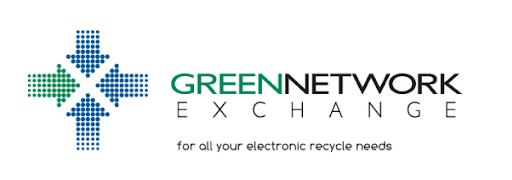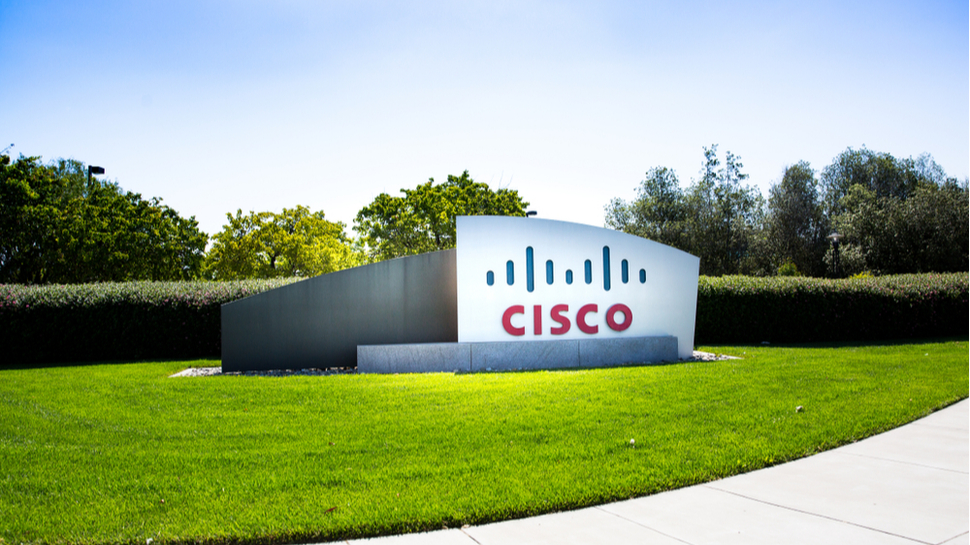
Electronic waste is one of the fastest-growing environmental challenges, blending hazardous substances with recoverable materials in every discarded device. Proper electronic recycling helps mitigate pollution, conserve finite metals, and prevent data exposure, making it an ethical obligation and a strategic priority for organizations. Positioned at this juncture, Green Network Exchange, Inc. (GNE) delivers services tailored to corporate clients while encouraging employees, tenants, and partners to adopt more sustainable behaviors that contribute to a greener, more circular technology economy.
GNE specializes in enterprise-scale electronic recycling and asset disposition. The company partners with large corporate information technology (IT) departments and property portfolios to collect decommissioned computers, servers, printers, and mobile devices. Operating under a business-to-business (B2B) model, GNE directs retired equipment into controlled reclamation streams, refurbishes usable hardware, and reintroduces it into secondary markets where affordable electronics are in demand.
Besides corporate partnerships, GNE engages with communities through individual e-waste event programs for all electronic devices. Doing so helps recover value from aging devices. The company also offers cross-border solutions with vetted downstream partners to comply with proper processing.
It’s worth highlighting that operational rigor is central to GNE’s service framework. Each shipment is logged with asset serial numbers, and devices are sorted by type and assessed for repairability. Storage media that can be sanitized are wiped using industry-standard methods, and those that cannot are physically destroyed.
Founder David Williams shaped this meticulous approach. He founded GNE on the belief that environmental responsibility can align with corporate efficiency. “When I started, electronic waste recycling was a cottage industry, just a handful of us trying to solve a growing problem. Now, it has grown into a multi-billion-dollar sector,” he says, reflecting on the industry’s transformation.
Initially a green-technology provider focused on extending product lifecycles, GNE evolved into a franchise model that enables coverage in multiple locations. This has enabled a scalable operation while maintaining consistent standards. The pandemic tested this model. Remote work reduced office retirements, and many large employers limited on-site activity. This created collection challenges and demonstrated the need for resilient logistics.
Demonstrating resiliency, GNE overcame the challenges. It made community engagement one of its cornerstones. The company partners with property managers and other associations to host recycling events, allowing participants to drop off all electronics for proper processing. These events divert materials from general waste streams and create educational opportunities that promote lifecycle awareness. For corporate clients, recurring collection schedules and customized asset-tracking services ensure predictable, auditable retirements. Refurbished equipment also provides cost-effective solutions for budget-conscious teams.
Essentially, GNE’s impact spans environmental, financial, and security domains. Its processes are designed to support landfill diversion efforts, manage sensitive data through secure device handling, and extend the life of electronic components for reuse in secondary markets. By facilitating the exchange of usable electronics, the company contributes to broader supply chain flexibility and offers potential cost efficiencies through refurbished technology. “Our role is to keep the train moving. An excess for one becomes another’s resource,” he states.
Green Network Exchange demonstrates how disciplined asset disposition can align corporate goals with environmental stewardship. It looks forward to deepening logistics integration, expanding refurbishment and repair.



